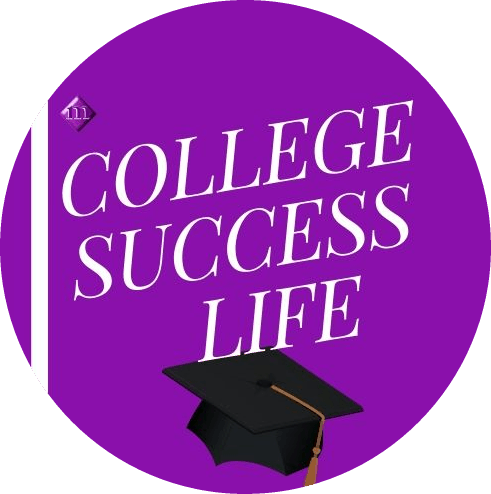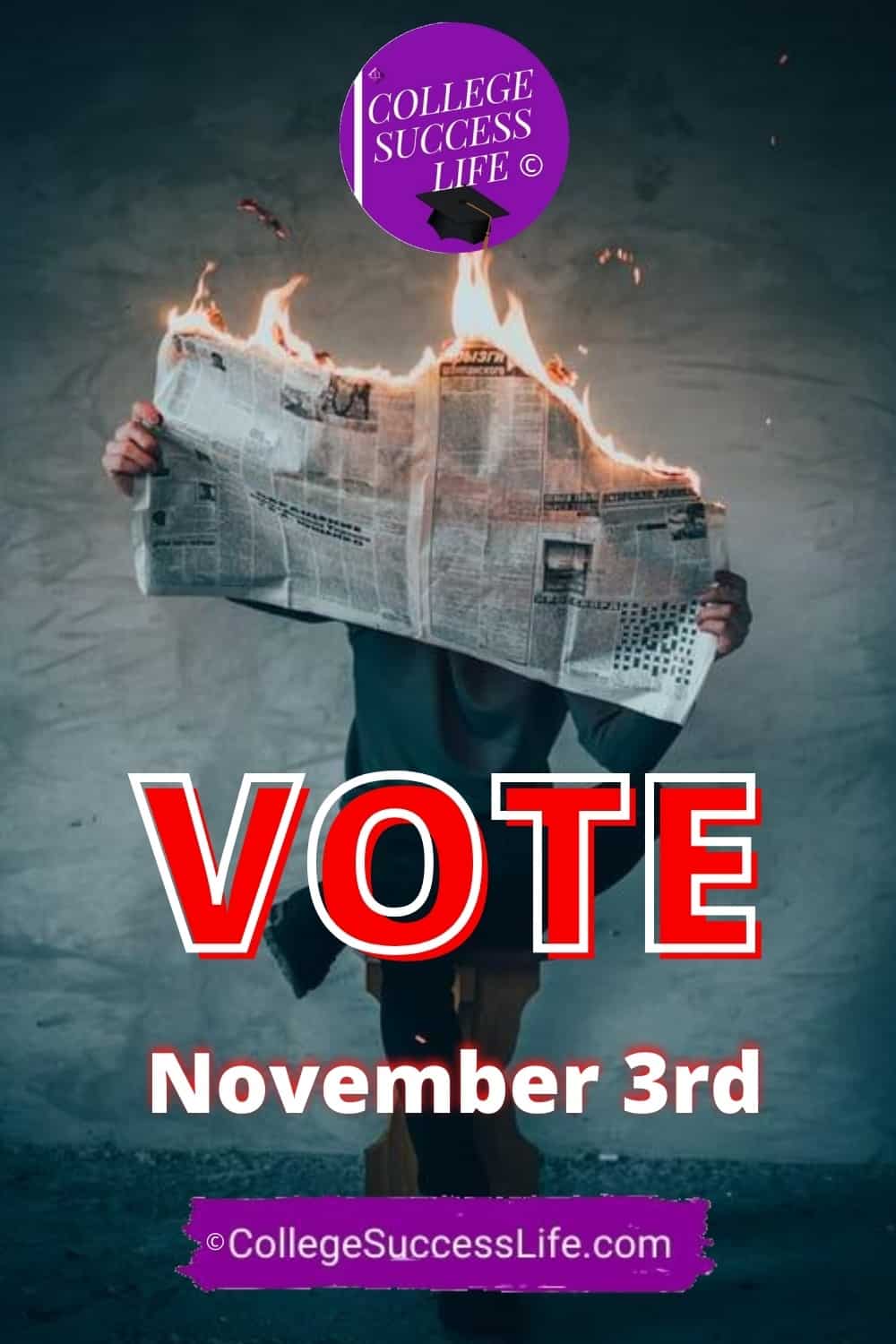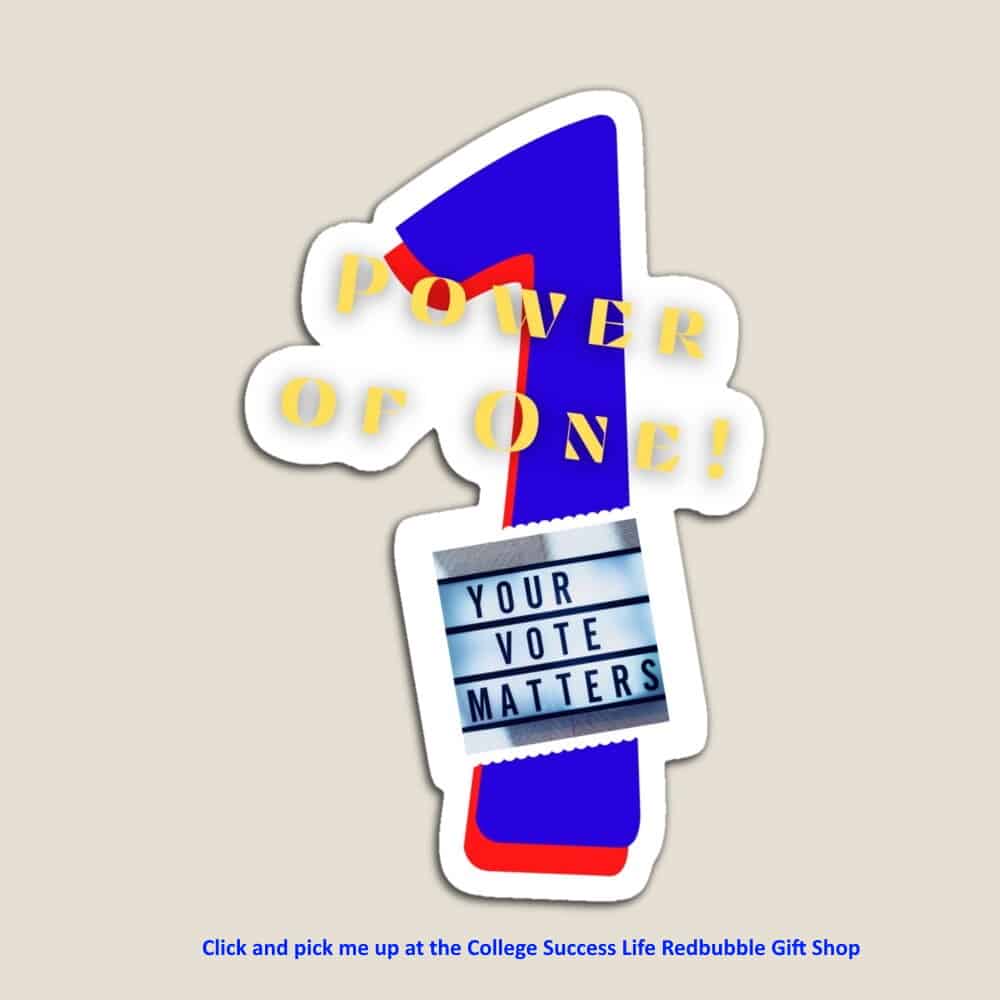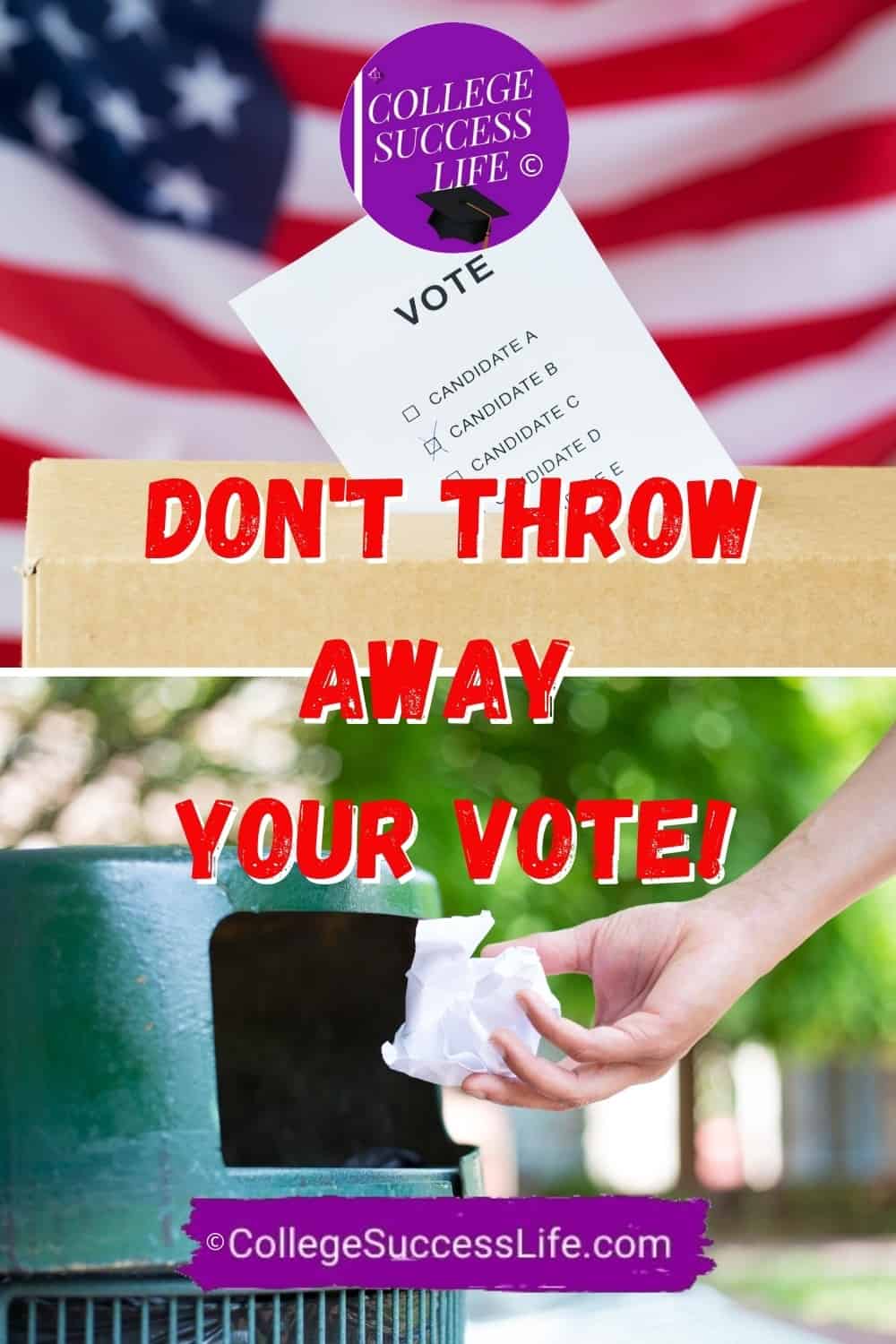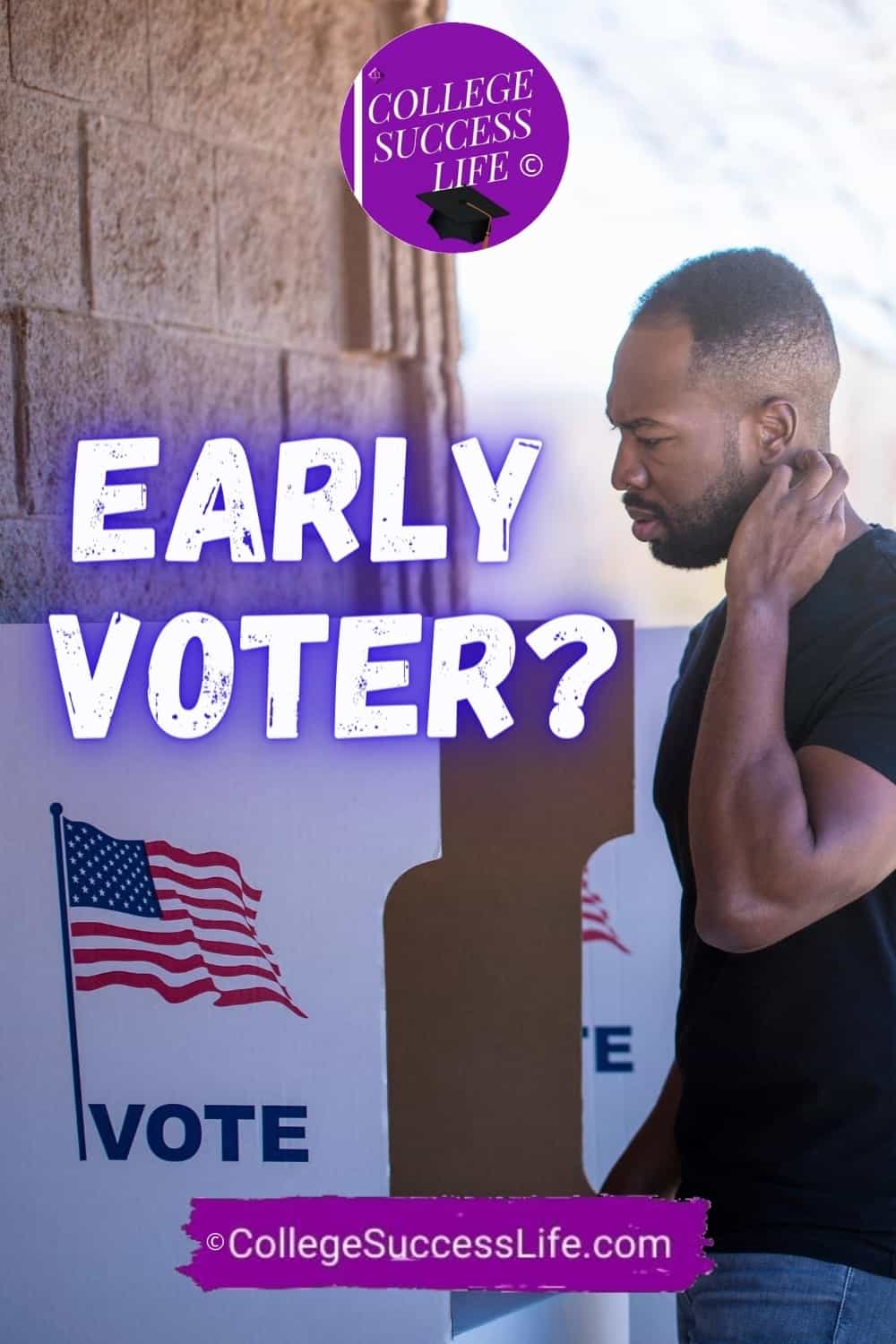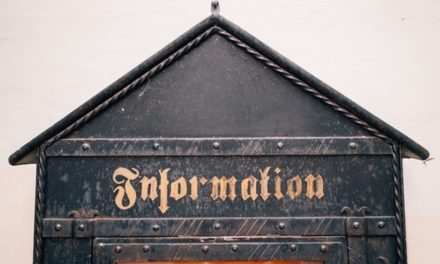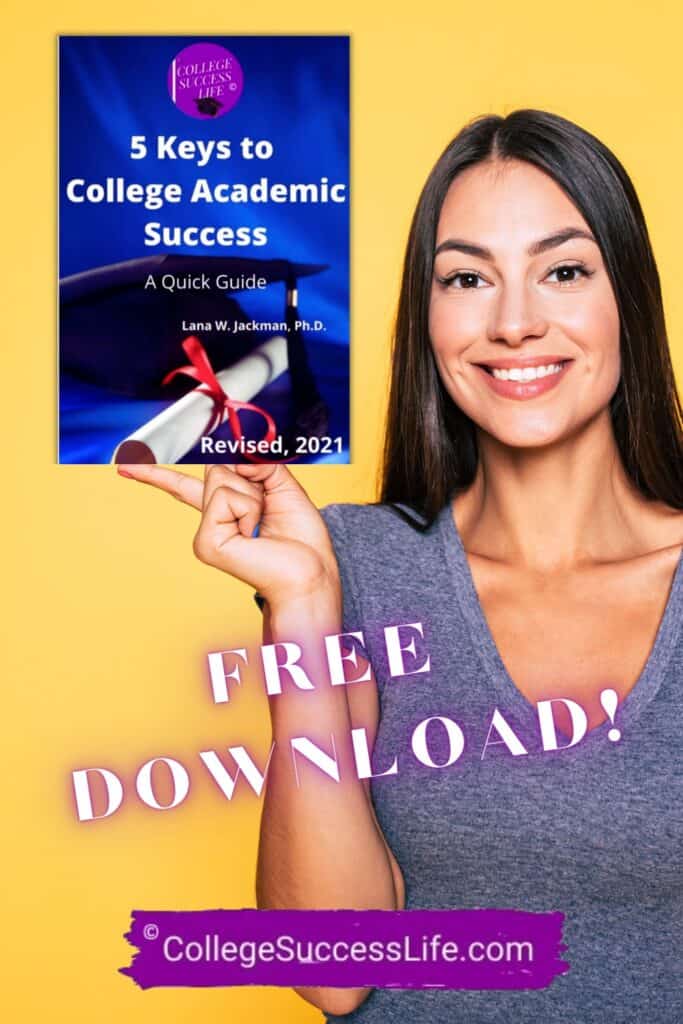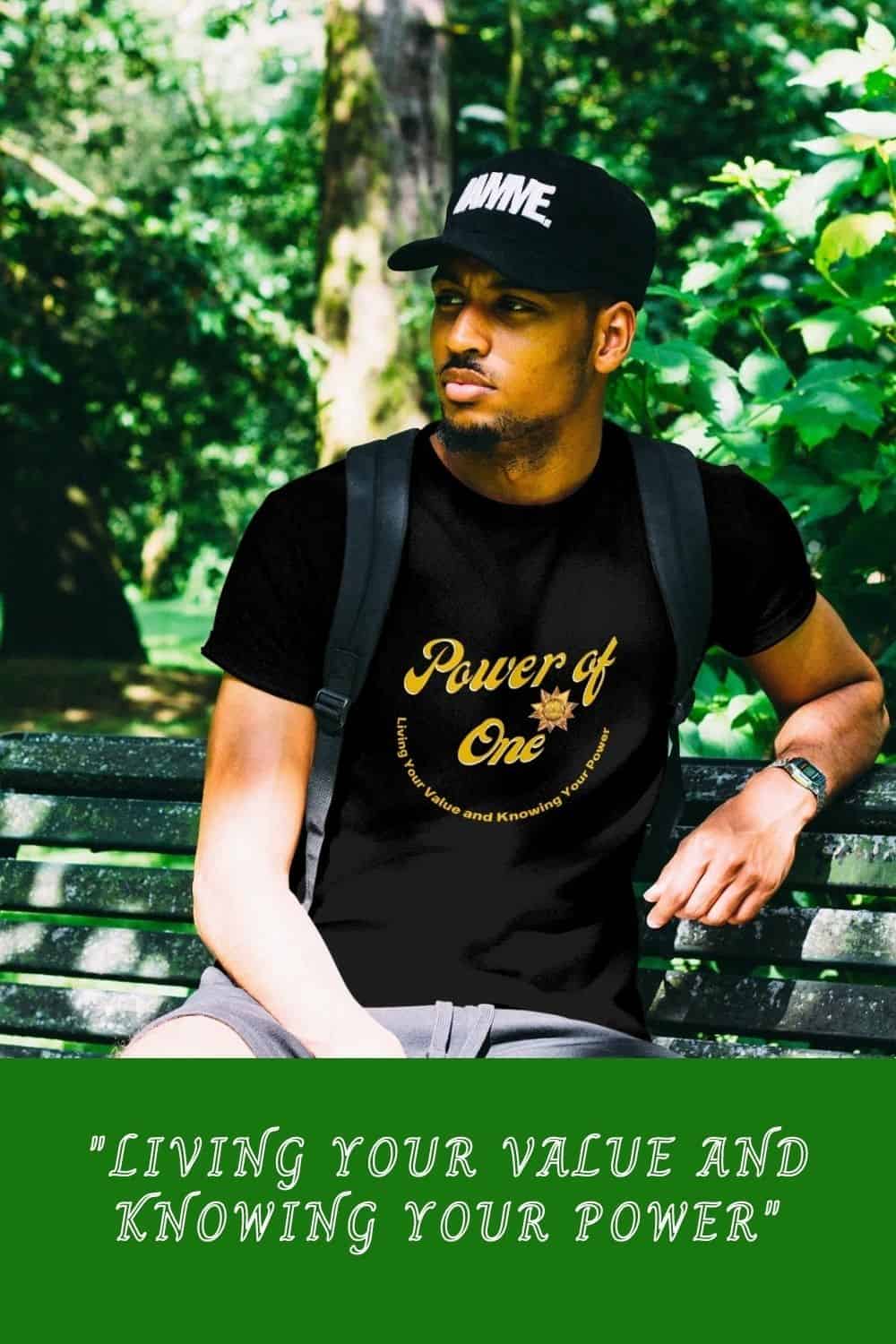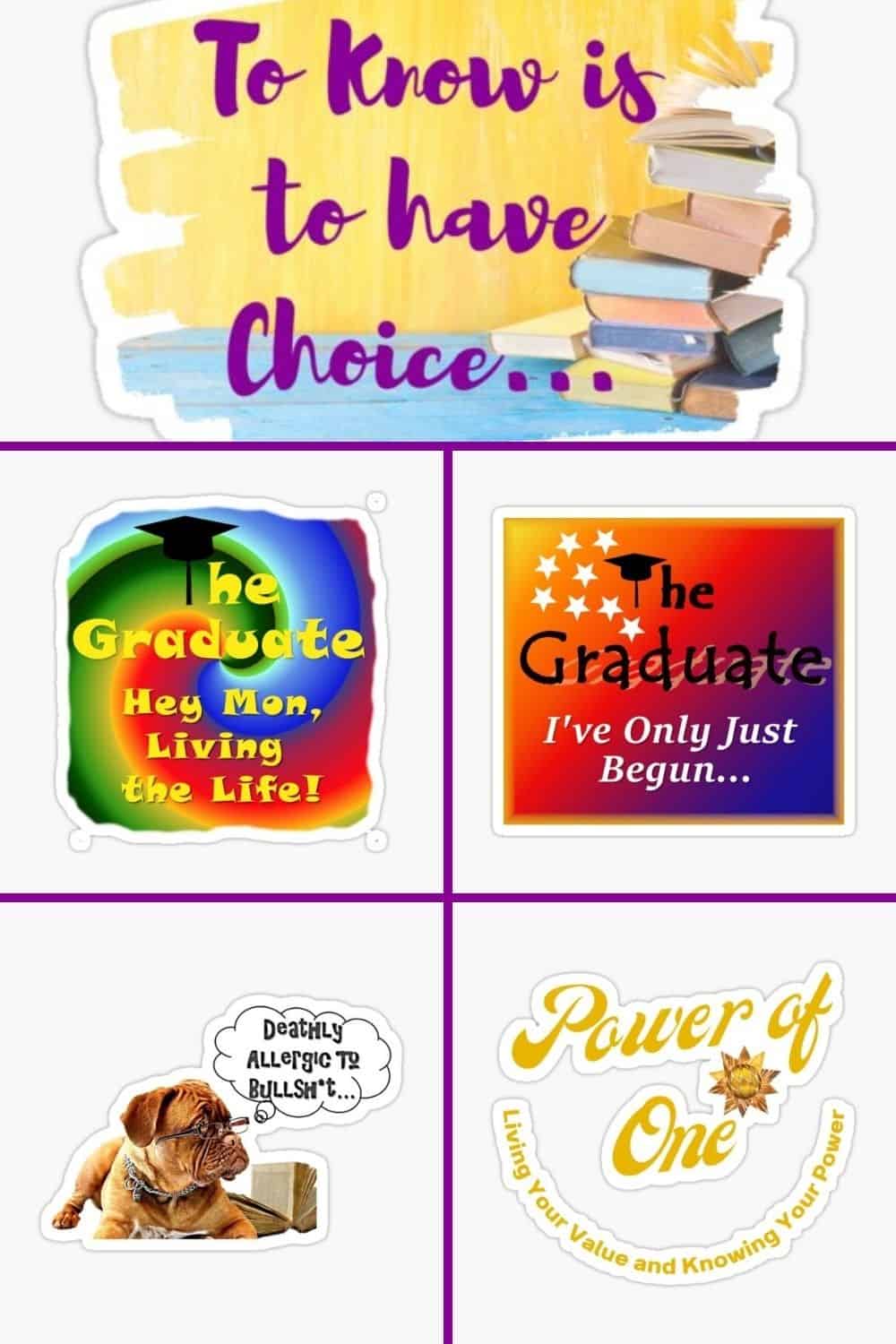Voting and Information literacy …the Fraternal Twins of People Empowerment?
Voting and information literacy – why are either of them important to your life as a college student.
And how knowing about them can benefit you personally and professionally?
The practice of voting allows every American the opportunity to express their voice regarding the selection of a particular candidate and/or public policy they wish to support.
Information literacy is a communications skill set focused on training learners on how to find, access, retrieve, analyze, synthesize and use information effectively and ethically.
Information literacy, itself, lies at the core of lifelong learning and as such, empowers people from all walks of life to achieve their personal, social, occupational and educational goals.
Whereas civic voting is a baseline governmental process in which every American has the responsibility to participate in the selection of his or her local, state, and federal governmental representatives and support of proposed public policies.
Both provide individuals with an empowering intellectual template to make very important quality of life decisions from different but very connected perspectives.
#WhenWeAllVote #VOTE2020
 Affiliate Disclosure: Our primary goal at College Success Life is to get you access to the information you need to fulfill your college and career goals. Most of the information we provide is FREE. Some, like recommended books, you have to purchase. In order for us to continue to provide you with FREE College Success Life info, we include affiliate links throughout our website whereby if you purchase an item, we earn a small commission from our affiliate partner – at no cost to you. So don’t worry, we’re very selective in choosing our affiliate partners! Thanks for supporting our FREE content. Privacy Policy and Terms of Use
Affiliate Disclosure: Our primary goal at College Success Life is to get you access to the information you need to fulfill your college and career goals. Most of the information we provide is FREE. Some, like recommended books, you have to purchase. In order for us to continue to provide you with FREE College Success Life info, we include affiliate links throughout our website whereby if you purchase an item, we earn a small commission from our affiliate partner – at no cost to you. So don’t worry, we’re very selective in choosing our affiliate partners! Thanks for supporting our FREE content. Privacy Policy and Terms of Use
Voting and Information Literacy…A Win-Win?
So what is the connected relationship between the two?
At first glance, the answer seems simple enough.
Individual empowerment…both offer individuals the opportunity to learn how to make informed decisions that impact their daily lives.
Yet, upon further investigation, you sense a deeper connection.
In order to make an informed decision using information literacy skills, you need to know how to access information, analyze it, and then validate the veracity of its contents as applied to a given need.
Whereas in voting, the expectation is that you analyze a candidate’s record and/or public policy’s potential outcomes, differentiate between fact and fiction, and conclude what’s in the best interest of yourself and your community.
When faced, in the real world, with these types of decisions, Stephen Covey’s principle of win-win provides the best solution for a nation with diverse and often competing interests:
“Win-win sees life as a cooperative arena, not a competitive one. Win-win is a frame of mind and heart that constantly seeks mutual benefit in all human interactions. Win-win means agreements or solutions are mutually beneficial and satisfying.”
Voting and information literacy require adaptive critical thinking and problem solving skills, not always at the forefront of our K-16 teaching and learning agendas.
And, in the world of human resource development, both would be classified as soft skills, often viewed as the second class citizens of educational training and workforce development.
Study after study continues to document how recent college graduates, for example, are poorly equipped to handle issues requiring soft skills such as problem solving and critical/creative thinking.
Annual employer surveys also constantly bemoan the fact that recent college graduates are not prepared to engage in soft skill activities.
Effective engagement in both civic voting processes and information literacy practices demand the ability to think critically, perform effectively, and act morally.
INFORMATION, KNOWLEDGE, AND SELECTION
Since 2016, America has witnessed a social and cultural transformation of political norms that has Benjamin Buttoned the American psyche.
It seems as though we have lost our appreciation and respect for fact finding and truth telling.
Many Americans appear to prefer an “alternative facts” reality than pursuing an effort to find the truth.
Information literacy is the skill set that can show you how to do that precisely.
And participating in our voting process is a venue by which you can put this very beneficial skill set into concrete action.
So, in essence, the connective tissue between the two is the collaborative process of informed decision making – voting and information literacy – and how that bond is exercised.
Just think for a moment…
Regardless of party affiliation, which candidates are going to work in your best interest and that of our nation?
Who truly has our best interest at heart and sincerely appreciates the diverse core of people who make up the United States of America?
Clearly, the spectrum of good and evil inhabits both sides of the political aisle.
In deciding on how you’re going to vote, you need to put on your information literacy hat and ask yourself the following:
- What is on the public record in terms of their accomplishments?
- What types of legislation have they sponsored?
- How have they governed across the political spectrum– collaboratively or single-focused?
- What have they legitimately done to “move the needle” of progress, equity, and equality?
And most importantly, what is their democratic worldview and how do they practice it?
A thriving democracy depends on citizen engagement. It also depends on an informed citizenry.
Information literacy forms the basis of lifelong learning while beneficial voting outcomes are dependent on an informed citizenry.
Both directly and indirectly impact all disciplines, all learning environments, and all levels of social interaction.
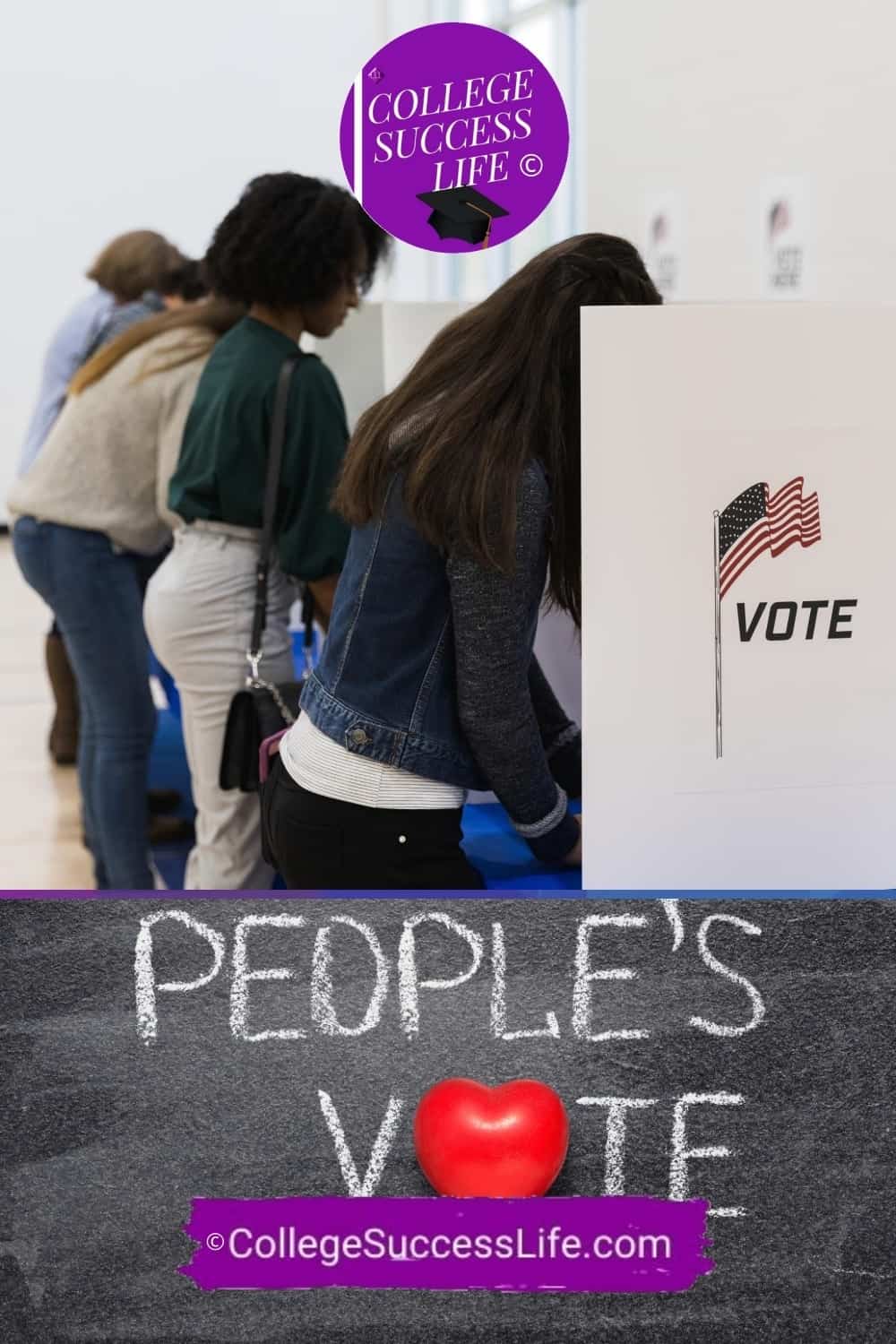
The Power of Voting and Information Literacy
When applied, either concurrently or independently, both can truly enable college students and adult learners to master content, extend their investigations, differentiate between fake news and truth, become more self-directed, and assume greater control over their own learning.
In conclusion, James Madison, Father of the American Constitution, a founding father, and also the 4th president of the United States left these immortal words for the American people to ponder as this nation continues to evolve towards a more perfect union:
“Knowledge will forever govern ignorance; and a people who mean to be their own governors must arm themselves with the power which knowledge gives…a popular government without popular information or the means of acquiring it, is but a prologue to a farce, or a tragedy, or perhaps both.”
Clearly, the combined act of informed decision making and truth telling is the bond that binds voting and information literacy practice, an adaptive mindset beneficial for improving the quality of life for all Americans.
#collegestudent #college #WhenWeAllvote #Vote2020
Join below our email community for the latest insider updates plus download your FREE pdf copy of the 5 Keys to College Academic Success!
